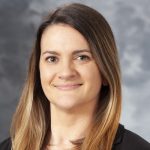Wisconsin, like many Midwestern states, has a large rural population served by smaller community hospitals. These hospitals, and the populations they serve, have a need for general surgeons to care for their patients. The UW Rural General Surgery track has the goal of providing excellent training for surgeons who desire to live and practice in rural or community based hospitals. The program is under the direction of Ann P. O’Rourke, MD, MPH. The rural residency program is a track of the larger 5-year UW general surgery residency and matches one resident each year.
Program highlights include:
- 42-48 weeks of rich and diverse clinical and operative experience in Madison
- 12-18 months of community general and subspecialty training outside of Madison
- Robust didactic and skills/simulation curriculum
- Specialized mentorship to help identify community and practice goals
- Networking opportunities with community surgeons at Wisconsin Surgical Society
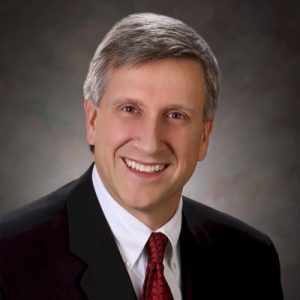
Neenah Site Program Director
While in Madison, the rural track resident will have rotations identical to the 6 academic track residents. At University Hospital in Madison, residents’ clinical training is largely structured as progressive rotations on specialty surgery services under the supervision of fellowship-trained surgeons in that specialty. Both academic track and rural track residents also rotate in community hospitals in Madison under the training of board certified general surgeons.
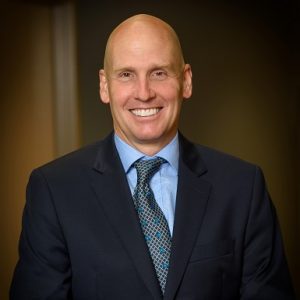
Western Wisconsin Health Site Program Director
Starting in the second year, residents will rotate at Western Wisconsin Health in Baldwin, WI, and Theda Clark Medical Center in Neenah, Wisconsin, a large community hospital located around 100 miles northeast of Madison. They will work with surgeons who have a dedication to teaching and will offer an outstanding experience.
This training model immerses the resident in the full professional responsibilities and experiences of a rural/community surgeon, giving a full understanding of different community general surgeons’ practices, lifestyles, patient populations and community involvement.
Each hospital provides a distinctive training experience, offering the resident experience in different community sizes, practice sizes and types, as well as different complements of general surgery and subspecialty procedures. The clinical and didactic training is structured around the national Surgical Council on Resident Education (SCORE) curriculum, ensuring that after five years of training you are prepared to independently perform “essential-common” and “essential-uncommon” procedures in the SCORE curriculum without additional formal training. All ACGME Surgery Residency Review Committee and American Board of Surgery requirements are fulfilled with the rural general surgery track rotation schedule.
During the latter years of their residency, the rural general surgery resident will have the opportunity to gain experience in other surgical disciplines including ortho trauma, urology, and obstetrics, depending on the resident’s interests. The rural general surgery track aims to give the resident the training they need to have competency in whatever practice they desire. It is expected that the resident will have substantial input and flexibility in planning their senior clinical curriculum to match their specific career interests.
The formal didactic and simulation curriculum will be identical to that of residents in the academic surgery track. The rural sites are close enough to University Hospital that a resident can attend most educational conferences and simulation training sessions. For times the resident can’t attend, the program provides synchronous and asynchronous web-based access to all didactic sessions. Each partner site also has didactic training, including regular M&M conference.
Lodging is provided at sites that require the resident to relocate during the rotation. Some sites, however, do not require the resident to relocate. Travel expenses are subsidized.
Research
Although the rural general surgery residents are not required to do two years of dedicated research, they are required to present at the Department of Surgery Resident Research Forum twice within their five years of training. The Department of Surgery will encourage, and help foster, knowledge of research methodologies, outcomes assessment, and grants funding as it relates to the success of surgeons in community practice. Specifically, we place emphasis on health services research and public health so that community general surgeons to can continuously assess their own practice outcomes and to assess alternative practice techniques, technologies and processes.
Applying
To apply for the rural general surgery residency track, apply through ERAS. The NRPM code is 1779440C1.
Rural General Surgery Residency Track
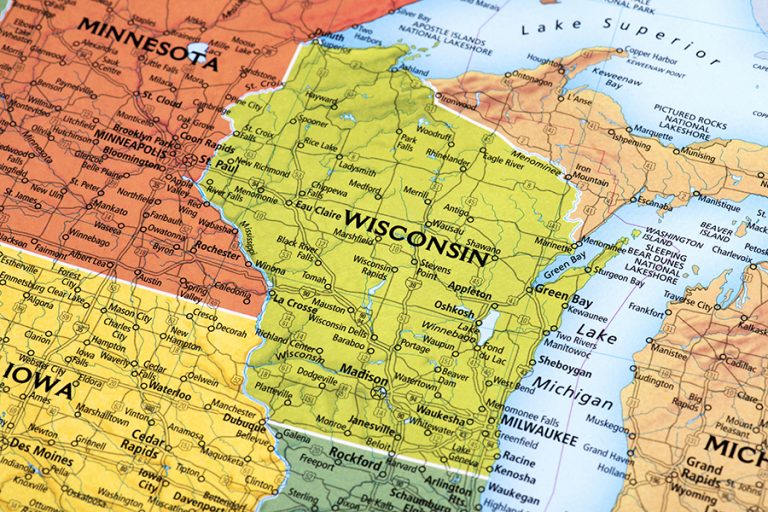
General Surgery Residency
Contact Us
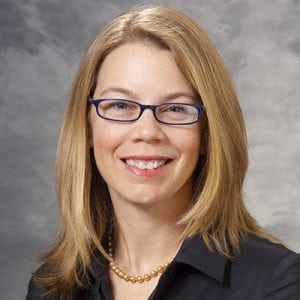 Program Director
Program Director
Ann P. O’Rourke, MD, MPH
Angie Badura, MAEd
GME Program Administrator
(608) 263-1377
badura@surgery.wisc.edu
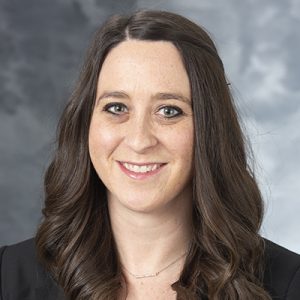
Betsy Golomski
GME Program Manager
(608) 262-8727
golomski@surgery.wisc.edu

